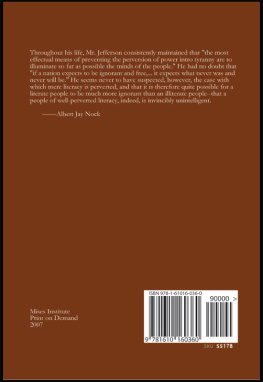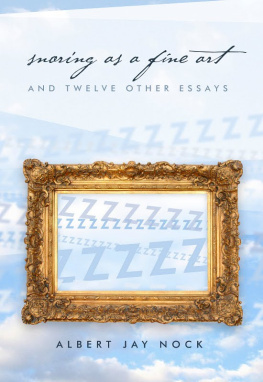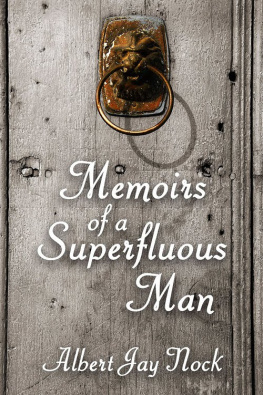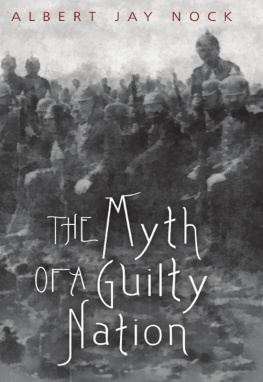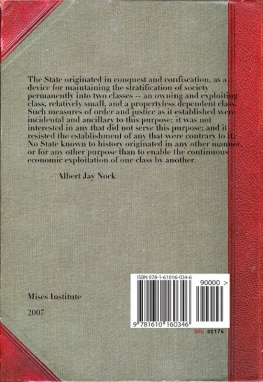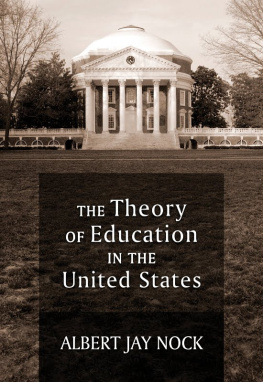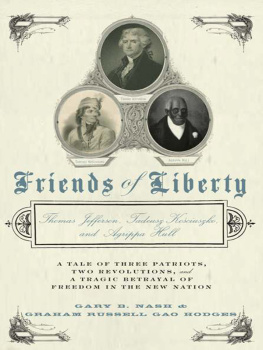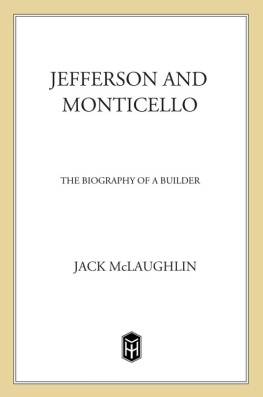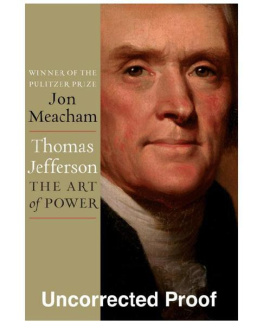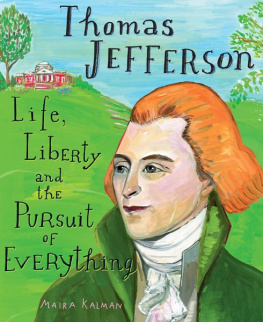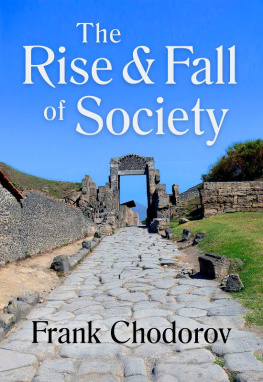Albert Jay Nock - Jefferson
Here you can read online Albert Jay Nock - Jefferson full text of the book (entire story) in english for free. Download pdf and epub, get meaning, cover and reviews about this ebook. year: 2007, publisher: Mises Institute, genre: Detective and thriller. Description of the work, (preface) as well as reviews are available. Best literature library LitArk.com created for fans of good reading and offers a wide selection of genres:
Romance novel
Science fiction
Adventure
Detective
Science
History
Home and family
Prose
Art
Politics
Computer
Non-fiction
Religion
Business
Children
Humor
Choose a favorite category and find really read worthwhile books. Enjoy immersion in the world of imagination, feel the emotions of the characters or learn something new for yourself, make an fascinating discovery.
- Book:Jefferson
- Author:
- Publisher:Mises Institute
- Genre:
- Year:2007
- Rating:4 / 5
- Favourites:Add to favourites
- Your mark:
- 80
- 1
- 2
- 3
- 4
- 5
Jefferson: summary, description and annotation
We offer to read an annotation, description, summary or preface (depends on what the author of the book "Jefferson" wrote himself). If you haven't found the necessary information about the book — write in the comments, we will try to find it.
Jefferson — read online for free the complete book (whole text) full work
Below is the text of the book, divided by pages. System saving the place of the last page read, allows you to conveniently read the book "Jefferson" online for free, without having to search again every time where you left off. Put a bookmark, and you can go to the page where you finished reading at any time.
Font size:
Interval:
Bookmark:
JEFFERSON
BY
ALBERT JAY NOCK

NEW YORK
HARCOURT, BRACE AND COMPANY
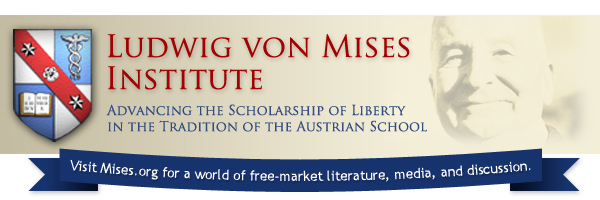
COPYRIGHT, 1926, BY
HARCOURT, BRACE AND COMPANY, INC.
PRINTED IN THE U. S. A. BY
OUINN a BODEN COMPANY, INC.
RAHWAY. N. J.
Portrait of Thomas Jefferson by Gilbert Stuart
IN the year 1760, Williamsburg was the capital of colonial Virginia. It was a winter rendezvous for the low land gentry, who set the pitch for a social life that was not without interest, but which, like the plantation-life of the period, has been the subject of an immense amount of romantic exaggeration. The town itself was unattractive, save to those who knew nothing better; and south of Philadelphia there was nothing much better. Williamsburg grew up on the regular pattern of American country towns, in a straggling string of buildings lining each side of a broad road which was unlighted, dusty in summer and muddy in winter, torn and churned by horse-traffic, for there was no such thing as pavement in all Virginia, and no one who had ever seen any. The Capitol stood at one end of this road, and at the other stood the College of William and Mary; while, midway the road expanded into a kind of public square, ornamented with a church and some public buildings.
In point of architecture, these edifices were not impressive. Indeed, the art of building was at a low level all over Virginia. The genius of architecture, said a cultivated native, seems to have shed its maledictions over this land. The college and hospital at Williamsburg, according to the same authority, are rude, misshapen piles which, but that they have roofs, would be taken for brick-kilns. The public buildings, however, quite stood comparison with the private dwellings that flanked them. There were about two hundred of these, mostly built of wood, on account of the belief that brick or stone construction was unhealthful. The private dwellings are very rarely constructed of stone or brick, much the greatest portion being of scantling and boards, plastered with lime. It is impossible to devise things more ugly, uncomfortable and, happily, more perishable.... The poorest people build huts of logs, laid horizontally in pens, stopping the interstices with mud. There was no plumbing, drainage or sewerage in Williamsburg; not a furnace or a stove; not a match; nothing to read by but candles, and little to readfew books and a single newspaper, such as it was, the only one published in Virginia. There were no shops worth speaking of, and money was little used. Goods were exchanged by primitive barter, and the general standard currency was tobacco. Williamsburg had a population of about one thousand persons who, like all the colonists, were pretty strictly on their own resources. They made what they used, largely, and extemporized their own amusements, dancing, gaming, hunting, fiddling, fighting. Some of the developments that came out of this life seem odd in their perspective. The first glimpse we have of Patrick Henry, for instance, is as a kind of vagabond, a bankrupt trader in his twenties, incorrigibily lazy, hanging about Williamsburg, fiddling at dances in the Apollo Room of the Raleigh Tavern, and making himself the life and soul of any crew of loafers that his talent for story-telling might draw together.
The College of William and Mary, named for the sovereigns who had chartered it under the auspices of the Church of England, was the second institution of the higher learning set up on this continent. For the time, it was well endowed. Among its sources of revenue were twenty thousand acres of land, which it held on the odd condition that every year, on the fifth day of March, the president should wait upon the Colonial Governor with two copies of a complimentary address done in Latin verse. The college followed the grand old fortifying classical curriculum; that is to say, it offered the student Latin, Greek, mathematics, moral philosophy, and a favourable view of the Christian faith as held by the Church of England.
But the institution never did well. Its management was poor, and its instruction worse. The Bishop of London had the spiritual direction of the colony, and he could not always resist the temptation to unload upon Virginia such of his clergy as for one reason or another he thought could be best employed away from home. The same policy often governed his appointments to professorships at William and Mary. Then too, a certain Mr. Boyle, a pious but rather unimaginative Englishman, had given the college an endowment for evangelizing and educating such Indians as could be induced to go there. A great deal of energy was frittered away on this enterprise, and the general cultural level of the college was kept low by it. Parton remarks with unconscious humour that if the college had any success with an Indian youth, he was no sooner tamed than he sickened and died. Those who held out, he adds, threw off their clothes at the first glad moment of emancipation from Williamsburg, and ran whooping into the forest.
The college shared the privileged position of the Church, however, so there was little incentive to pull up its slack. The Church of England was established by law in the colony; it was, as it still is in England, a branch of the civil service, like the Post-office, and the laws protecting its monopoly were severe. At one period, the Virginian had to go to church twice on Sunday under penalty of a fine for the first offence, flogging for the second, and death for the third. To speak lightly of any article of the Christian faith was a capital crime, and one was liable to be flogged for disparaging a clergyman. Swearing was punishable, for the second offence, by having ones tongue bored through with an awl; for the third offence, by death. Heretics were liable to be burned at the stake. These laws were no more regularly or impartially enforced than such laws ever are; but while they tended to become obsolete, they nevertheless remained as potential instruments against those whom the authorities might dislike for other reasons. The colony had no more religious liberty than civil liberty; Great Britains policy towards it was in every respect a policy of sheer dragooning. Hence the Church got on only in a perfunctory and disreputable fashion, and progressively less serious heed was paid it.
In 1760, an oddly-assorted company of four persons drew together at Williamsburg, and remained in close association, helping one another make what they could of a rather dull life, for the better part of two years. These alien spirits met at dinner at least once a week; and half a century later, one of the group, after a long experience of the best social life in both hemispheres, left record that at these dinners I have heard more good sense, more rational and philosophical conversations, than in all my life besides. The most significant member of the group is the one who has, unfortunately, left the faintest mark on history. The little that is known of him is only enough to make us wish we knew more. This was Dr. William Small, a Scotsman, professor of mathematics at William and Mary. He seems to have been a sort of Abelard in omne re scibili, for at one time or another he also taught moral philosophy, rhetoric and literature, and carried on some work in applied science. No one knows what circumstances brought him to the college; but once there, he seems quickly to have had enough of a dissolute, time-serving clergy, of riotous students, and of the prevailing incompetence, indolence and wrangling. In 1762, he went back to England, and became the great Dr. Small of Birmingham. But there too he left a provokingly slight account of himself. He was a friend of the elder Darwin; there were dark hints against his orthodoxy; and he helped James Watt in developing the steam-engine. Probably, as Chateaubriand said of Joubert, he was more interested in perfection than in making a name for himself; at all events, his influence seems to have been quite disproportionate to his reputation. Such a mans great fascination is that one can never be sure of ones estimate of him, that he continually raises questions about himself and stimulates conjecture
Next pageFont size:
Interval:
Bookmark:
Similar books «Jefferson»
Look at similar books to Jefferson. We have selected literature similar in name and meaning in the hope of providing readers with more options to find new, interesting, not yet read works.
Discussion, reviews of the book Jefferson and just readers' own opinions. Leave your comments, write what you think about the work, its meaning or the main characters. Specify what exactly you liked and what you didn't like, and why you think so.

